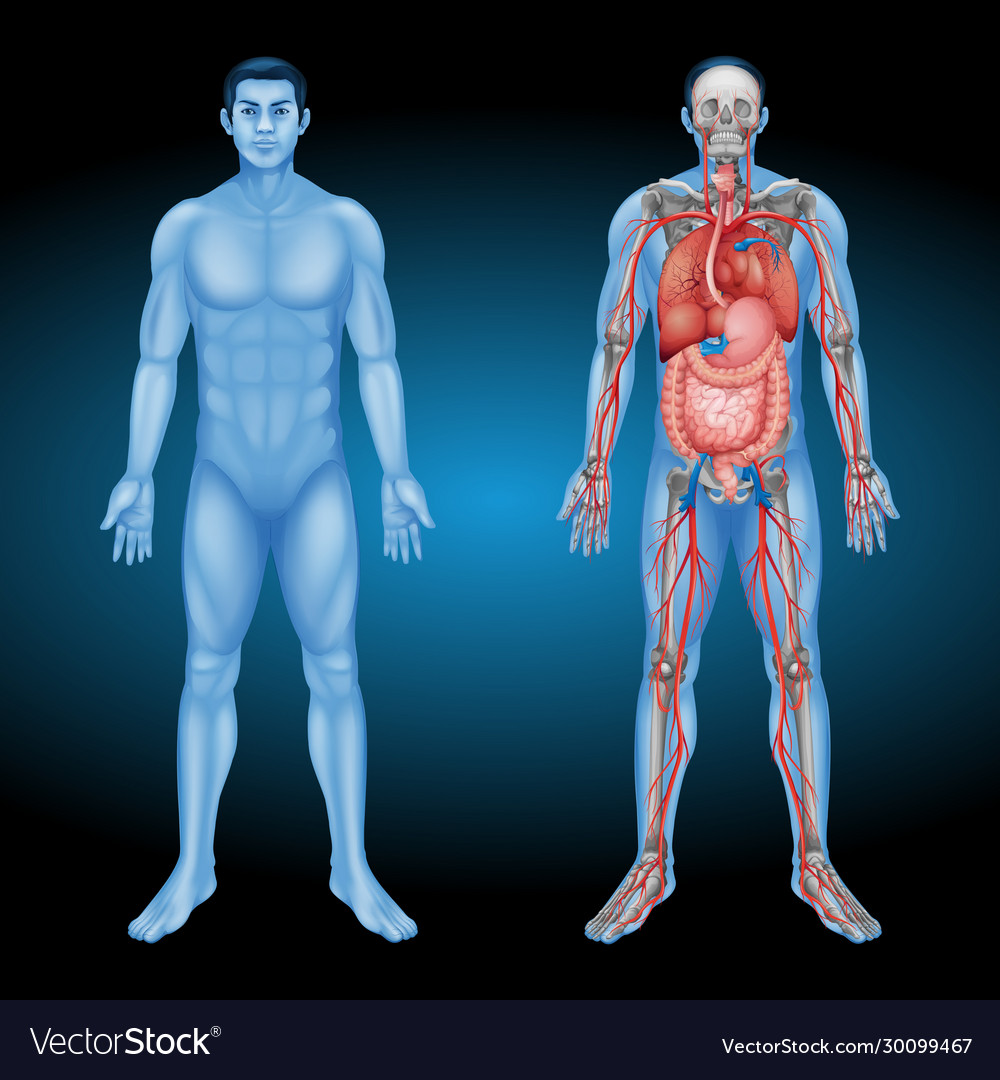The teachings of Bahá’u’lláh, the founder of the Bahá’í Faith, provide a profound framework for understanding the interplay of body, mind, and spirit. Central to these teachings is the belief in the holistic integration of the individual, where each aspect significantly contributes to the overall well-being and spiritual maturity of a person. This exploration unveils multifaceted insights derived from Bahá’í principles, offering a comprehensive understanding of how the body, mind, and spirit coexist and complement one another.
At the outset, it is essential to recognize that Bahá’í teachings emphasize the importance of the body as a temple. The human body is regarded as a vessel for the soul, illustrating the need for physical health and vitality. The sanctity of the human body is evident in the Bahá’í exhortation to engage in practices that promote physical well-being, including proper nutrition, exercise, and hygiene. Furthermore, Bahá’ís are encouraged to cultivate a lifestyle that fosters longevity and vitality. By adhering to these health guidelines, individuals can ensure that their physical form is well-prepared to serve their spiritual and intellectual pursuits.
Transitioning from the physical realm, the mind holds an equally sacrosanct position within Bahá’í teachings. The mind is seen not merely as a cognitive function but as a dynamic entity capable of profound contemplation and insight. The emphasis on education and the acquisition of knowledge is paramount in the Bahá’í Faith. The pursuit of education fosters critical thinking, enhances understanding, and cultivates virtues essential for personal development. Bahá’ís believe that the mind must be nurtured through continuous learning and reflection. Engaging with the arts, sciences, and moral philosophy enriches the mind and subsequently elevates the individual’s capacity for service to humanity.
Within this context, the notion of the spirit emerges as a transformative force that interlinks the body and mind. The spirit in Bahá’í belief is the essence of one’s identity, transcending the physical and mental constructs. It is the divine element within every human being, representing a connection to the Creator. This spiritual facet is cultivated through prayer, meditation, and service. Bahá’í teachings stress that through these spiritual practices, individuals can develop a deeper understanding of their purpose and connection to all of humanity. Such spiritual engagement inspires compassion, altruism, and a commitment to justice, which are essential for personal and communal growth.
Moreover, the integration of body, mind, and spirit reflects a broader understanding of well-being as a holistic construct. Bahá’í teachings advocate for balance among these dimensions. The neglect of one aspect can lead to an imbalance, adversely affecting overall health and spiritual progress. For example, a person who focuses solely on intellectual pursuits may experience mental fatigue or emotional distress, highlighting the necessity of integrating physical activity and spiritual reflection. Conversely, neglecting intellectual and physical health in favor of spiritual practices may hinder the developmental potential of the individual. Thus, Bahá’í teachings present a blueprint that encourages individuals to strive for a harmonious equilibrium in their lives.
As a community-focused faith, Bahá’í principles emphasize the communal aspect of individual well-being. The health of the community is intimately linked to the health of its members. Collective efforts toward nurturing the body, mind, and spirit are encouraged. This concept promotes the idea that personal well-being is not solely a private endeavor; rather, individuals are called to uplift one another. Bahá’í communities prioritize communal activities that reinforce the bonds of friendship, support education, and encourage acts of service. Such interactions not only foster a sense of belonging but also enhance collective resilience, promoting social harmony and unity.
In practical terms, Bahá’í teachings also extend to the incorporation of specific practices that embody the interconnectedness of body, mind, and spirit. Spiritual gatherings, devotional meetings, and community service are potent pathways for individuals to engage with each other, cultivate virtues, and nourish their souls. Through such gatherings, participants experience the joy of unity in diversity and find opportunities for personal reflection and communal edification.
Furthermore, the Bahá’í Faith advocates for the practice of moderation in all aspects of life, a teaching that is particularly relevant when addressing lifestyle choices. This moderation applies not only to physical health but also to intellectual pursuits and spiritual practices. The principles of moderation ensure that none of the three components—body, mind, and spirit—overshadow the others. This balanced approach safeguards against excess, enabling individuals to lead fulfilling and harmonious lives.
In conclusion, the Bahá’í teachings on the interplay of body, mind, and spirit offer a comprehensive and profound framework for personal and communal development. This holistic understanding emphasizes the sanctity of the body, the significance of the mind, and the transformative power of the spirit. The cultivation of these elements harmoniously enables individuals and communities to thrive collectively. By striving for balance and integration among these dimensions, Bahá’ís are equipped to realize their potential as Agents of Change, contributing to the betterment of society and the world at large.
